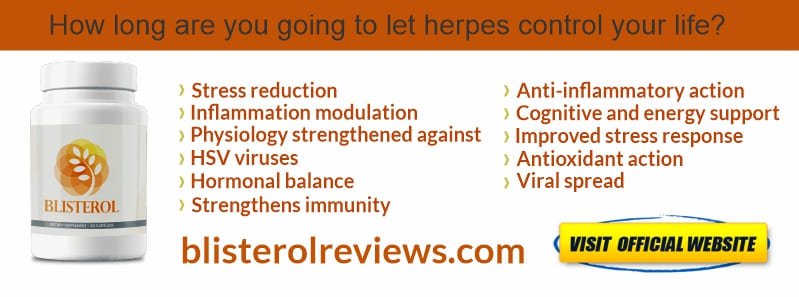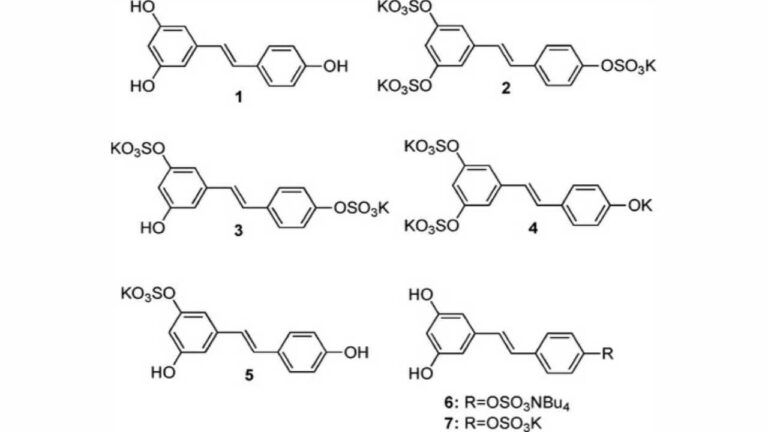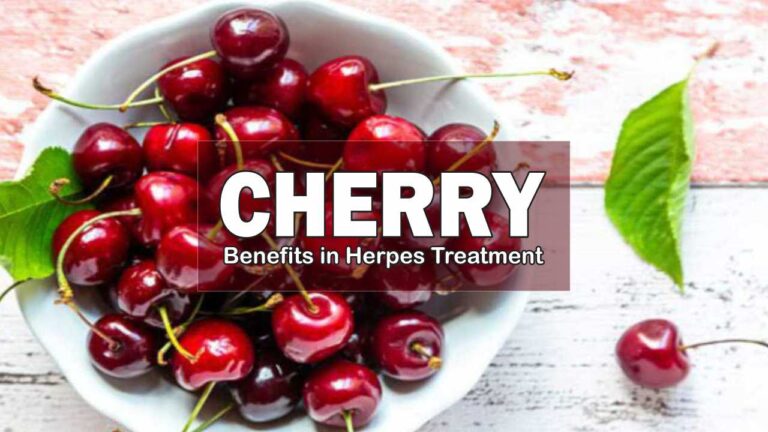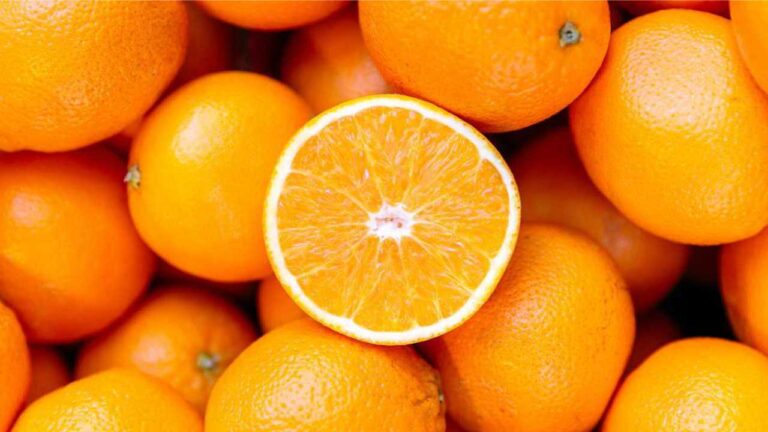Although antiviral medications are typically prescribed to manage herpes symptoms, alternative treatments are also being explored. One potential alternative treatment for herpes is the use of polyphenols.
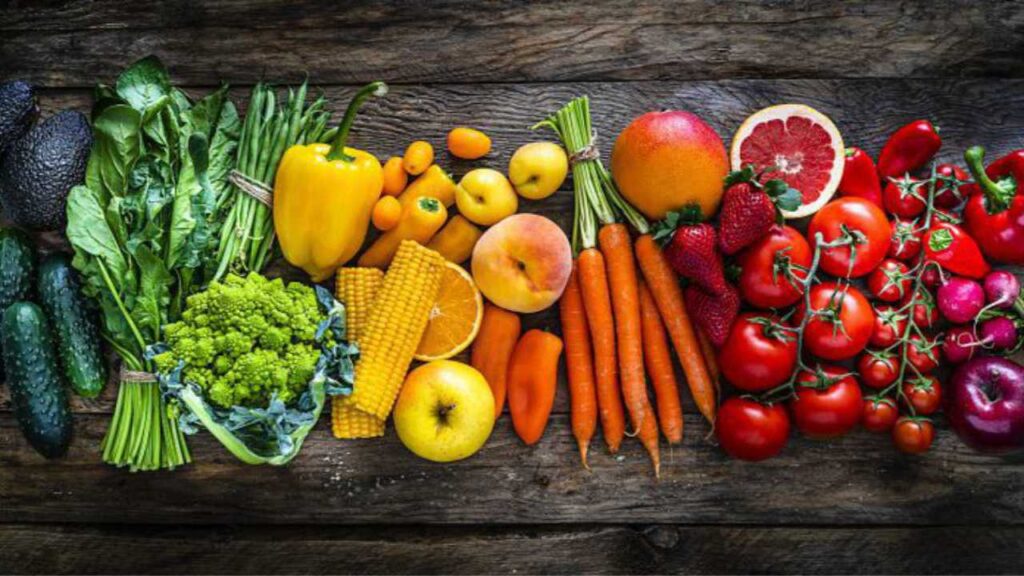
What are Polyphenols, and what are their Benefits in the Treatment of Herpes
Polyphenols are bioactive compounds found in many foods such as grapes, raspberries, blackberries, blueberries, and cranberries. Studies have shown that consuming these polyphenol-rich foods can have beneficial effects in preventing and treating herpes.
Polyphenols have antioxidant and anti-inflammatory properties, which can help reduce the frequency and intensity of herpes outbreaks, as well as alleviate associated symptoms such as pain and inflammation.
Additionally, polyphenols can improve the immune system, which is important in preventing viral infections such as herpes.
One of the main ways in which polyphenols can be effective in treating herpes is by inhibiting the replication of herpes simplex virus (HSV). HSV is the virus responsible for herpes and reproduces by taking over the host cell machinery.
It has been found that polyphenols interfere with the replication process by preventing the virus from binding to host cell receptors, thereby inhibiting its ability to reproduce.
In addition to their antiviral properties, polyphenols have been found to have immunomodulatory effects. This means they can help regulate the immune system’s response to the virus, which can be beneficial in controlling herpes symptoms.
Research conducted on Polyphenols in the Treatment of Herpes
Here are five studies examining the effect of consuming polyphenol-rich foods such as grapes, raspberries, blueberries, and cranberries on the treatment of herpes:
In a study published in the journal “Antiviral Research,” researchers examined the effect of grape seed extract on cells infected with herpes simplex virus type 1 (HSV-1) and type 2 (HSV-2).
They found that grape seed extract was able to significantly reduce virus replication in both strains. The researchers attributed this effect to the polyphenols found in the extract.
In another study published in the journal “Pharmaceuticals,” researchers evaluated the effect of consuming raspberries in mice infected with HSV-1.
They found that consuming raspberries was able to reduce the severity of the infection and the amount of virus present in the lesions. The researchers attributed this effect to the polyphenols found in raspberries.
In another study published in the “Journal of Agricultural and Food Chemistry,” researchers investigated the effect of consuming blueberries in rats infected with HSV-2.
The researchers found that consuming blueberries was able to reduce the severity of symptoms and the amount of virus present in the genital lesions of the rats. They attributed this effect to the polyphenols found in blueberries.
In another study published in the “Phytotherapy Research” journal, researchers examined the effect of consuming cranberry in patients with recurrent genital herpes.
They found that daily consumption of cranberry juice significantly reduced the frequency of genital herpes outbreaks. The researchers attributed this effect to the polyphenols found in cranberries.
In another study published in the “Food and Function” journal, researchers evaluated the effect of consuming cranberry in patients with recurrent cold sores.
They found that daily consumption of cranberry juice was able to reduce the duration and severity of cold sore outbreaks. Again, the researchers attributed this effect to the polyphenols found in cranberries.
Foods with higher concentration of Polyphenols
Some foods that contain a higher concentration of polyphenols include:
Red fruits: strawberries, raspberries, blueberries, blackberries, cranberries; Grapes and red wine;
Teas: green tea, black tea, chamomile tea;
Citrus fruits: oranges, lemons, grapefruits;
Dried fruits: prunes, raisins, dates;
Vegetables: artichoke, broccoli, onion, spinach, Brussels sprouts, cauliflower;
Nuts: almonds, chestnuts, walnuts.
It is important to remember that the concentration of polyphenols varies according to the species, maturity, and preparation method of the foods.
In addition, the amount of polyphenols that is absorbed by the body also depends on various individual factors, such as age, gender, dietary habits, and health status.
Sumary
Polyphenols are bioactive compounds present in many foods, such as grapes, raspberries, blueberries, and cranberries. Studies have shown that consuming these polyphenol-rich foods can have beneficial effects on the prevention and treatment of herpes.
Polyphenols have antioxidant and anti-inflammatory properties that can help reduce the frequency and intensity of herpes outbreaks, as well as alleviate associated symptoms such as pain and inflammation. In addition, polyphenols can improve the immune system, which is important in preventing viral infections like herpes.
Although more research is needed to confirm the benefits of polyphenols in the treatment of herpes, consuming polyphenol-rich foods can be a natural and healthy strategy to help reduce the incidence and severity of herpes outbreaks.

